Gender equality and women’s empowerment
Description
Since its creation 70 years ago, the UN has achieved important results in advancing gender equality, from the establishment of the Commission on the Status of Women - the main global intergovernmental body exclusively dedicated to the promotion of gender equality and the empowerment of women - through the adoption of various landmark agreements such as the Convention on the Elimination of All Forms of Discrimination against Women (CEDAW) and the Beijing Declaration and Platform for Action.
On the occasion of the General Debate of the 66th Session of the General Assembly held in September 2011, United Nations Secretary-General BAN KI-MOON highlighted in his Report “We the Peoples”, the crucial role of gender equality as driver of development progress, recognizing that the potential of women had not been fully realized, owing to, inter alia, persistent social, economic and political inequalities.
Gender inequalities are still deep-rooted in every society. Women suffer from lack of access to decent work and face occupational segregation and gender wage gaps. In many situations, they are denied access to basic education and health care and are victims of violence and discrimination. They are under-represented in political and economic decision-making processes.
With the aim of better addressing these challenges and to identify a single recognized driver to lead and coordinate UN activities on gender equality issues, UN Women was established in 2010.
UN Women works for the elimination of discrimination against women and girls, empowerment of women, and achievement of equality between women and men as partners and beneficiaries of development, human rights, humanitarian action and peace and security.
The vital role of women and the need for their full and equal participation and leadership in all areas of sustainable development was reaffirmed in the Future We Want (paragraph 236-244), as well as in the Open Working Group Proposal for Sustainable Development Goals. Open Working Group Proposal for Sustainable Development Goals. The proposed Sustainable Development Goal 5 addresses this and reads "Achieve gender equality and empower all women and girls".
Pagination
| Title | Category | Date |
|---|---|---|
| Least Developed Countries (LDCs) | Gender equality and women’s empowerment; Water and sanitation | 6-May-2014 |
| Peru and Mexico | Gender equality and women’s empowerment; Water and sanitation | 6-May-2014 |
| Group of 77 and China | Gender equality and women’s empowerment; Water and sanitation | 6-May-2014 |
| Southern Africa Region | Gender equality and women’s empowerment; Water and sanitation | 6-May-2014 |
| Latvia | Gender equality and women’s empowerment; Water and sanitation | 6-May-2014 |
| Iceland, Liechtenstein and New Zealand | Gender equality and women’s empowerment; Water and sanitation | 6-May-2014 |
| Portugal | Gender equality and women’s empowerment; Water and sanitation | 6-May-2014 |
| Iran | Gender equality and women’s empowerment; Water and sanitation | 6-May-2014 |
| France, Germany and Switzerland | Gender equality and women’s empowerment; Water and sanitation | 6-May-2014 |
| Ethiopia | Gender equality and women’s empowerment; Water and sanitation | 6-May-2014 |
| Bulgaria and Croatia | Gender equality and women’s empowerment; Water and sanitation | 6-May-2014 |
| Greece | Gender equality and women’s empowerment; Water and sanitation | 6-May-2014 |
| Malta | Gender equality and women’s empowerment; Water and sanitation | 6-May-2014 |
| Brazil and Nicaragua | Gender equality and women’s empowerment; Water and sanitation | 6-May-2014 |
| Uganda | Gender equality and women’s empowerment; Water and sanitation | 6-May-2014 |




